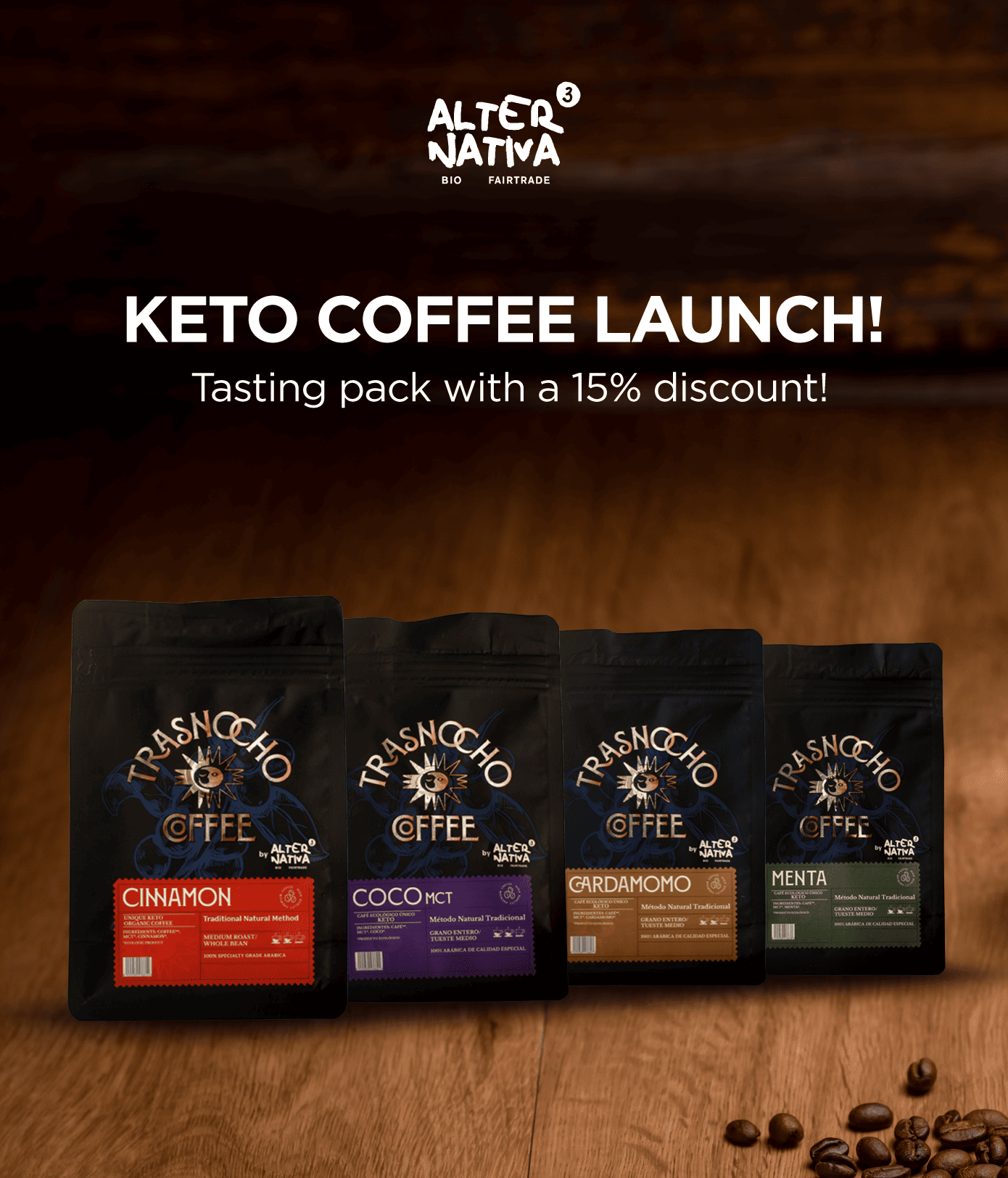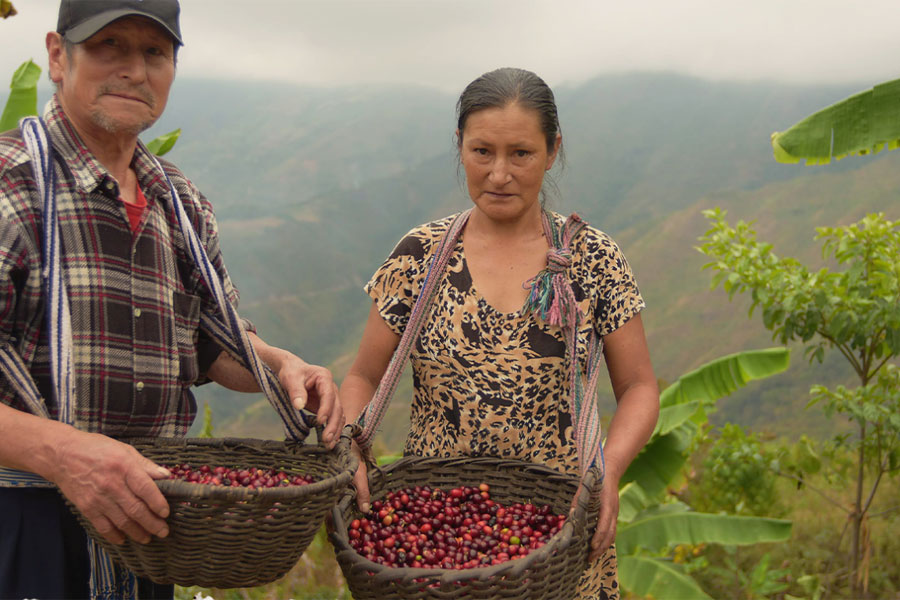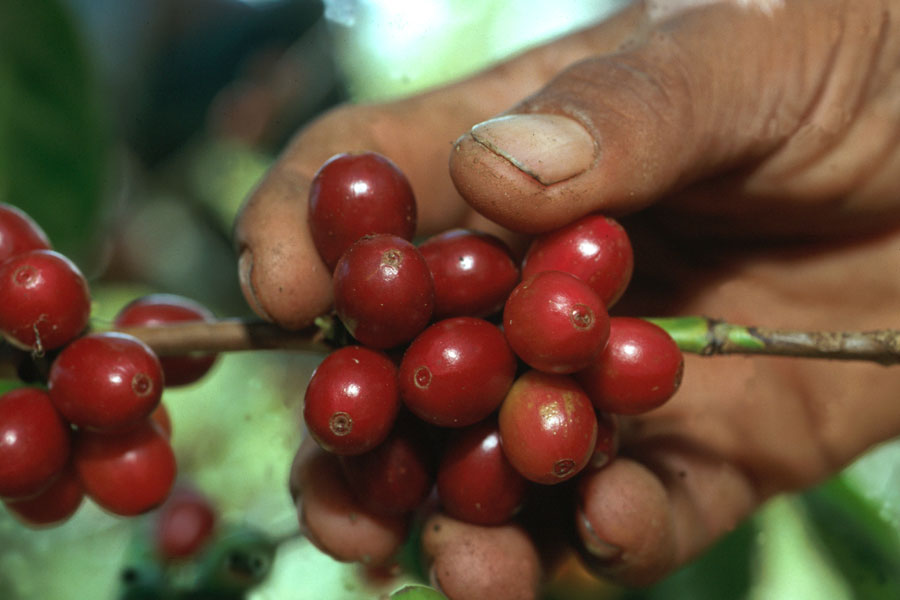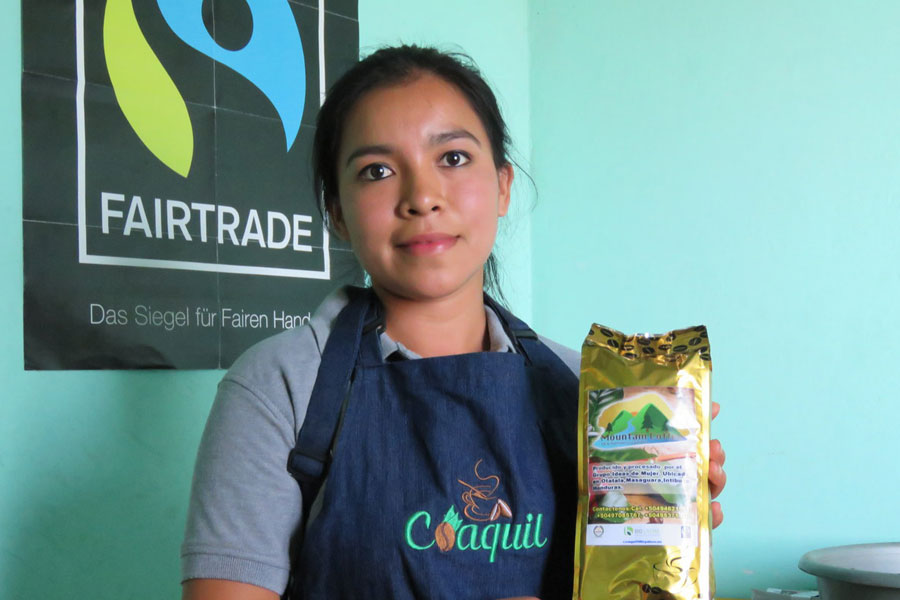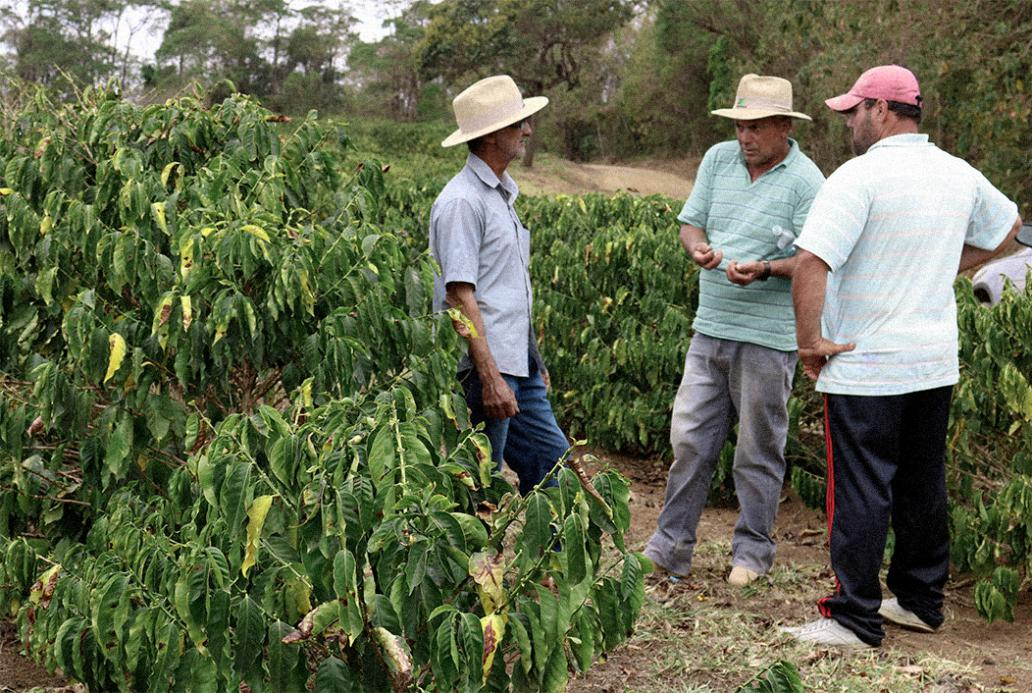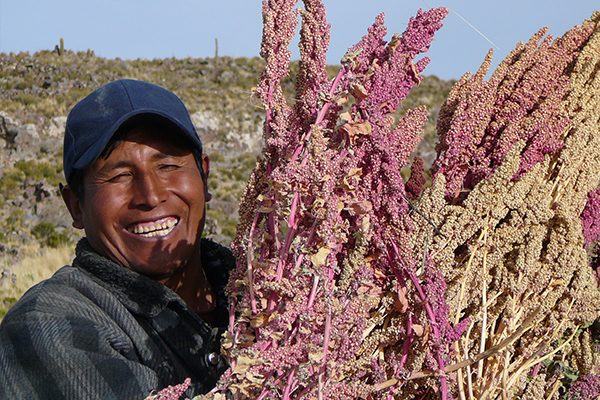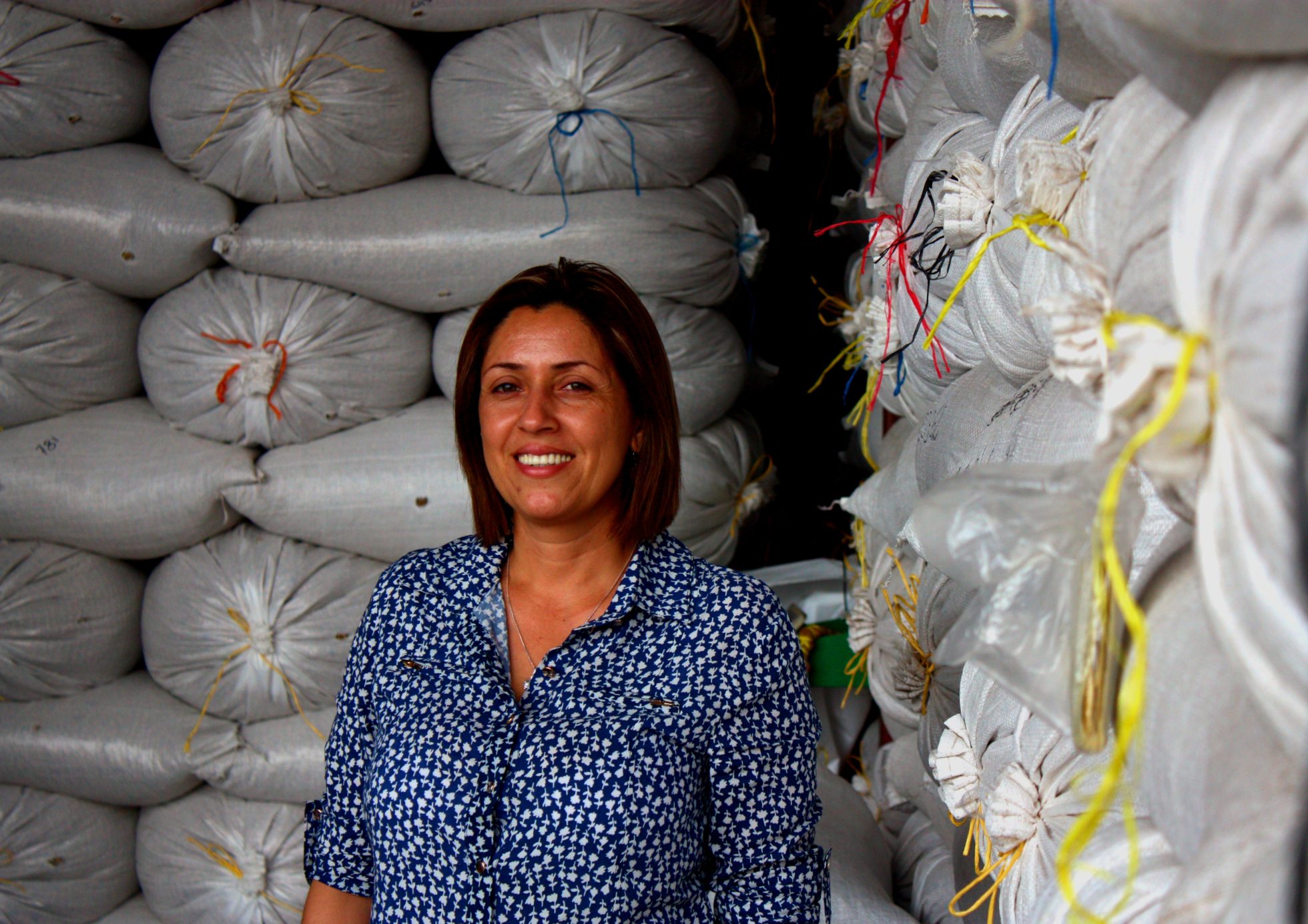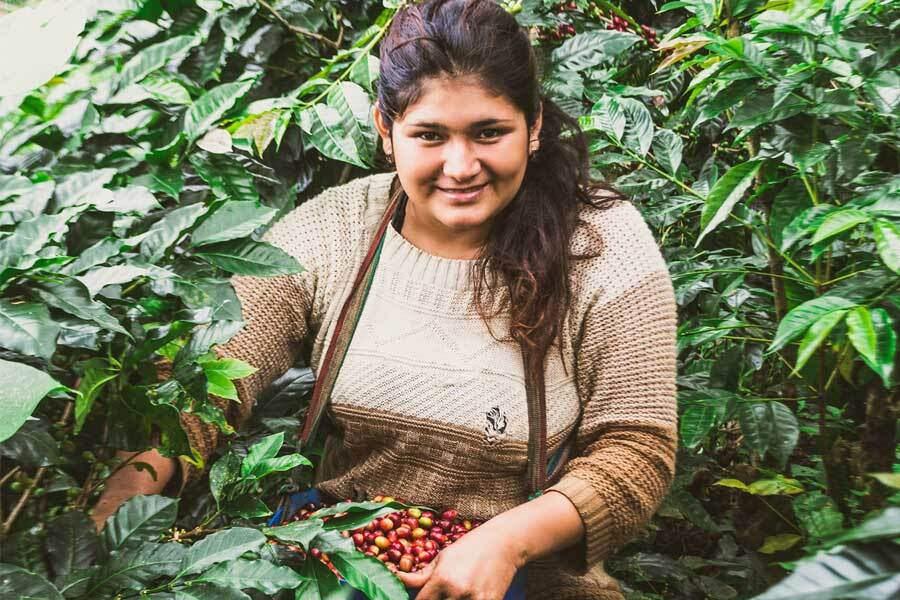The Cooperativa Agraria Cafetalera Laguna de Los Cóndores is a social organisation operating in the province of Luya, part of the Amazonas region in northern Peru. It was founded by 12 coffee producers in the district of Providencia (Luya) on 3 January 2017.
Currently, the cooperative consists of 800 coffee-producing families, including 243 women and a total of 557 registered members.
The cooperative aims to promote the collective development of coffee-producing families by establishing direct trade models with producer cooperatives in Europe and the United States.
The organisation focuses on the social and economic development of the associated families and the communities in which they develop. It works on the training of its members and continuous improvement to ensure the sustainability of the process. In addition, it offers technical assistance, certification and commercialisation, involving the producers.
The partners' farms are located at altitudes ranging from 1200 m.a.s.l. to 2200 m.a.s.l. These altitudes allow us to have varieties (Typica, Caturra, Bourbon, Catuaí, Villa Sarchi) with high productivity in some areas and high quality in others, offering coffees of between 82 and 86 SCA points.
